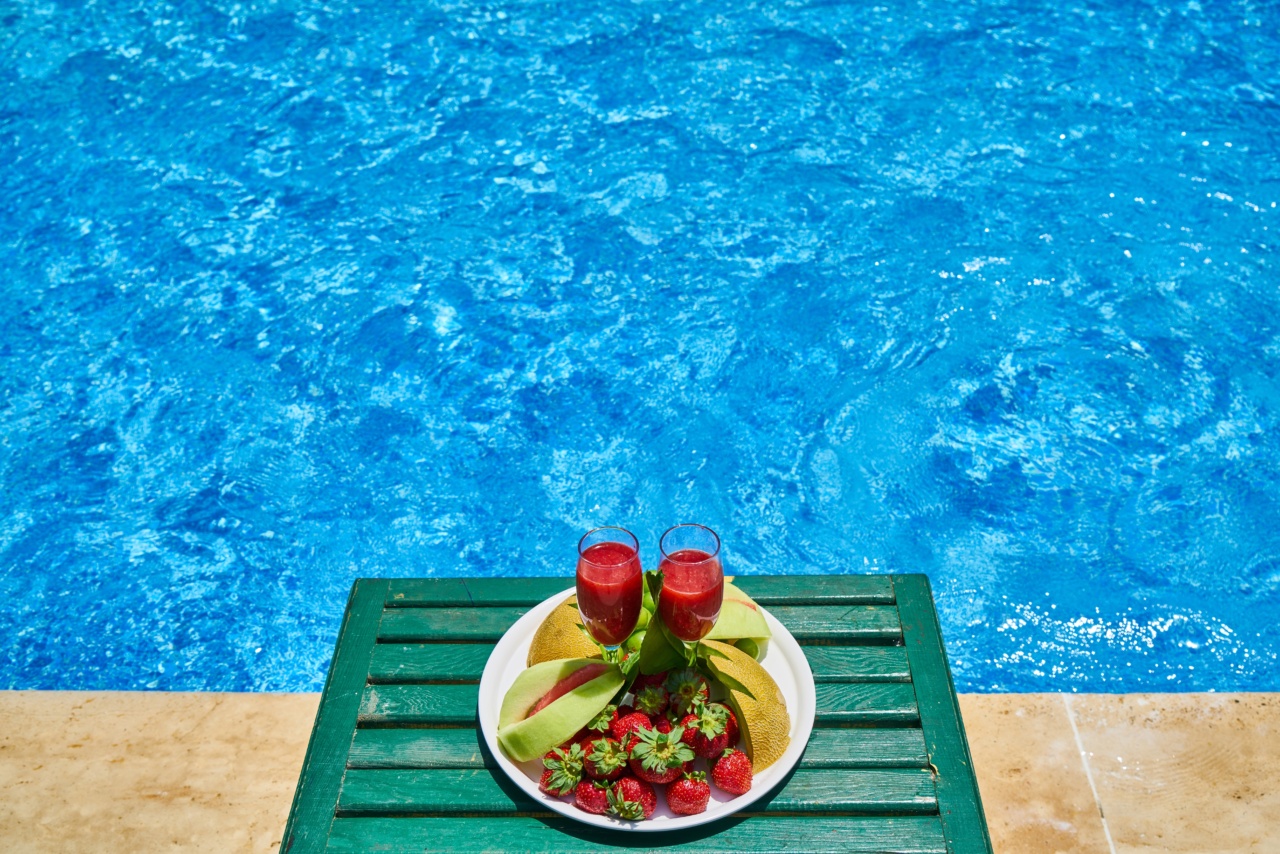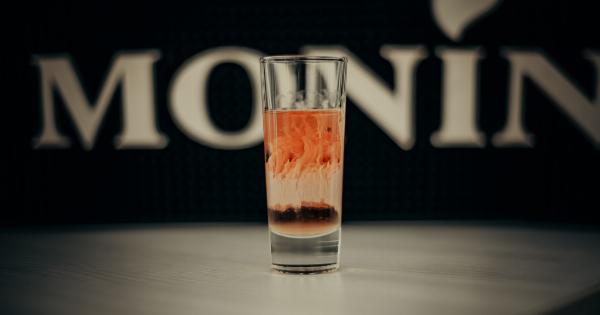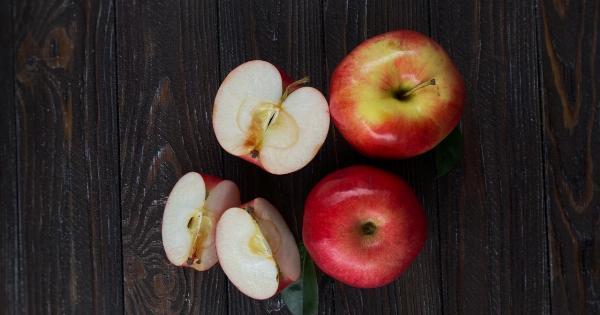It is a widely popular belief that a person should consume eight 8-ounce glasses of water per day to maintain optimal health.
This notion has been ingrained in our minds for decades, with many people religiously adhering to this recommended daily water intake.
However, is this really necessary? Do we need to guzzle down copious amounts of water each day to stay hydrated and keep our bodies functioning at their best? Let’s delve deeper into this topic and explore what the experts have to say about the 8 glasses of water per day myth.
The origin of the myth
It is important to understand the origins of the 8 glasses of water per day recommendation to unravel the truth behind the myth.
The notion first gained traction in 1945 when the Food and Nutrition Board of the National Research Council suggested that the average adult needs about 2.5 liters of water per day. This equivocated to approximately eight 8-ounce glasses of water.
However, what many people fail to realize is that this recommendation did not solely refer to water intake but included fluids from all dietary sources, including fruits, vegetables, and other beverages.
The role of water in the body
Before we delve into debunking the myth, let us emphasize the crucial role water plays in our bodies. Water is the main component of our cells, tissues, and organs.
It helps regulate body temperature, lubricates joints, supports digestion, transports nutrients, and flushes out waste products. Without an adequate water intake, our bodies cannot function optimally, and dehydration can occur, leading to a host of health issues.
Debunking the myth: Individual water needs
The truth is, the amount of water each person needs varies depending on various individual factors. Factors such as age, sex, body size, activity level, climate, and overall health can influence a person’s water requirements.
A one-size-fits-all approach does not apply when it comes to water intake.
Expert opinions on the 8 glasses of water per day myth
The medical community and various experts have extensively studied the myth and have differing opinions. While there is no doubt that staying hydrated is important, the 8 glasses of water per day guideline is not a strict rule.
According to the Mayo Clinic, the Institute of Medicine suggests a general guideline of approximately 3.7 liters (or about 13 cups) of total water intake per day for men, and about 2.7 liters (or about 9 cups) for women. This includes all fluid intake from beverages and food, not just water.
Water needs in special circumstances
It is worth noting that certain circumstances may increase an individual’s water needs.
For instance, athletes, pregnant women, breastfeeding mothers, and individuals living in hot climates or at high altitudes may require more water to compensate for fluid losses. Similarly, those suffering from certain medical conditions such as kidney stones or urinary tract infections may benefit from increased water intake.
Listening to your body
Instead of blindly adhering to a specific number of glasses, it is essential to listen to your body’s signals. Thirst is one of the most reliable indicators of your water needs.
If you feel thirsty, it is your body’s way of urging you to drink more fluids. Additionally, factors such as urine color can also provide valuable insights into your hydration status. Pale yellow urine generally indicates adequate hydration, while dark yellow urine suggests the need for more fluids.
Health implications of excessive water intake
Drinking excessive amounts of water can actually be detrimental to health. In rare cases, when a person drinks an excessive amount of water within a short period, a condition known as water intoxication or hyponatremia can occur.
This condition is characterized by low blood sodium levels and can lead to symptoms ranging from nausea and headache to confusion, seizures, and, in severe cases, coma or even death. It is essential to strike a balance and avoid excessive water intake.
Alternative sources of hydration
While water is undoubtedly an excellent choice for hydration, it is not the only source. Many foods, including fruits and vegetables, have high water content and can contribute to overall hydration.
Additionally, beverages like herbal teas, milk, and even coffee can also contribute to your daily fluid intake. However, it is essential to be mindful of added sugars and caffeine content in certain beverages.
Summary: The truth behind the myth
The notion that one must consume eight 8-ounce glasses of water per day is not entirely accurate. The actual water needs of an individual depend on various factors such as age, sex, activity level, and overall health.
While water is essential for optimal bodily function, it is important to listen to your body’s signals and stay hydrated based on individual needs. Thirst and urine color are valuable indicators to help gauge hydration levels. Excessive water intake can have negative health implications, and it is crucial to strike a balance.
Additionally, there are alternative sources of hydration apart from plain water.































